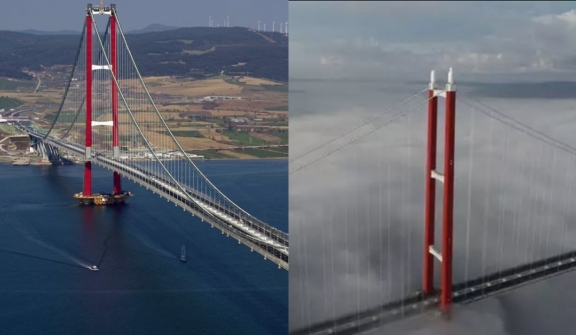
The 1915 Çanakkale Bridge is the world's longest suspension bridge and has successfully connected Europe to Asia, dramatically reducing travel time and transforming transportation in the region.
The 1915 Çanakkale Bridge, recognized as the world's longest suspension bridge, has successfully connected Europe to Asia, resulting in an astonishing 93% reduction in travel time.
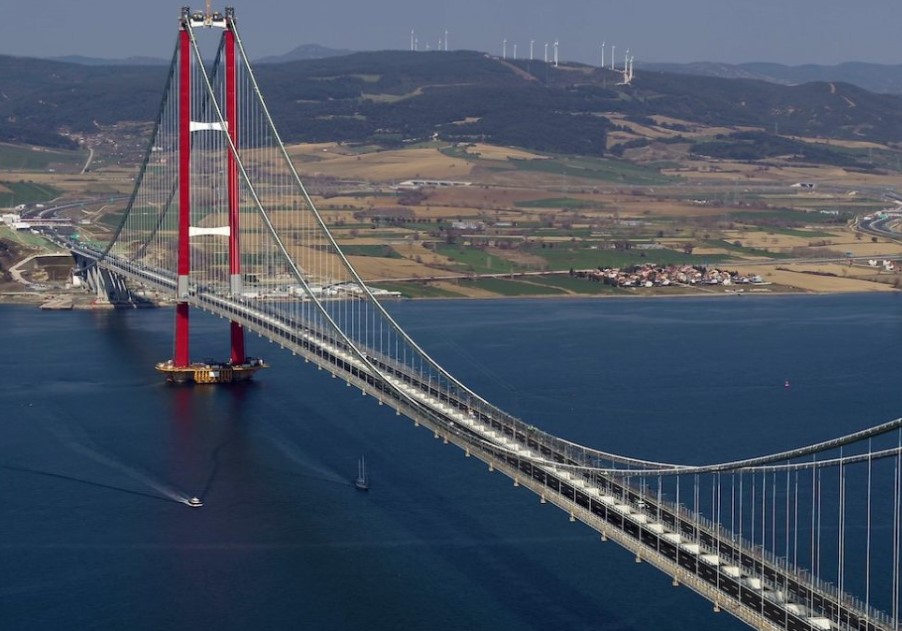
Spanning the Dardanelles Strait in Turkey, this remarkable engineering feat has improved transportation in the region.
The bridge serves as a vital link between the European side of Turkey, specifically Gelibolu, and the town of Lapseki on the Asian side.
With a staggering price tag of $2.7 billion, the bridge has proven to be a worthwhile investment, as it now takes only 6 minutes to traverse the distance.
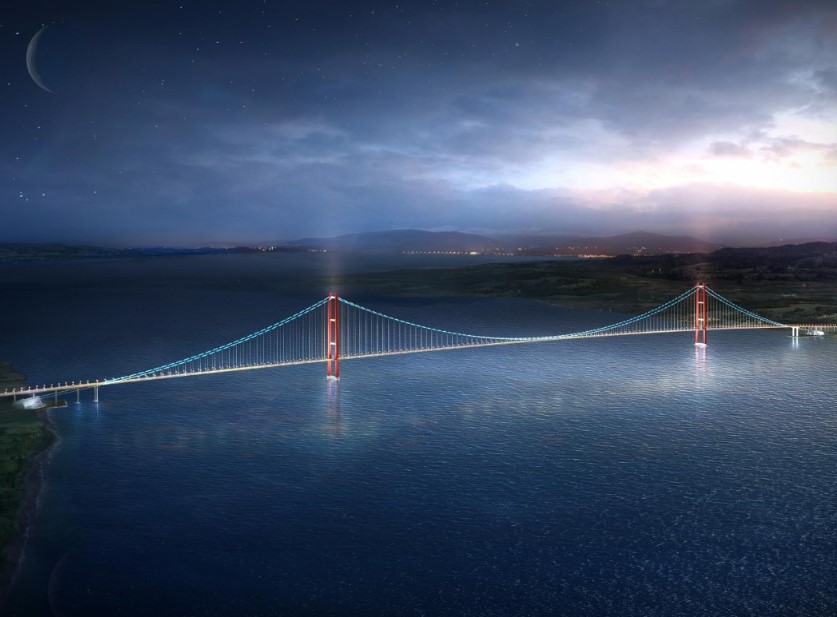
During the inauguration ceremony, President Erdogan proudly announced that Turkey had surpassed Japan, renowned for its lengthy bridges, claiming the top spot in terms of midspan length.
South Korean Prime Minister Kim Boo-kyum emphasized the bridge's significance as a symbol of unity, peace, and prosperity, forging a connection between the East and the West.
Its length of 2,023 meters pays homage to the year 2023, which marked the centenary of the founding of the Turkish Republic.
Additionally, the towering height of the bridge's pillars, reaching 318 meters, symbolizes the date of March 18th, a day of remembrance for the fallen soldiers of the Gallipoli campaign.
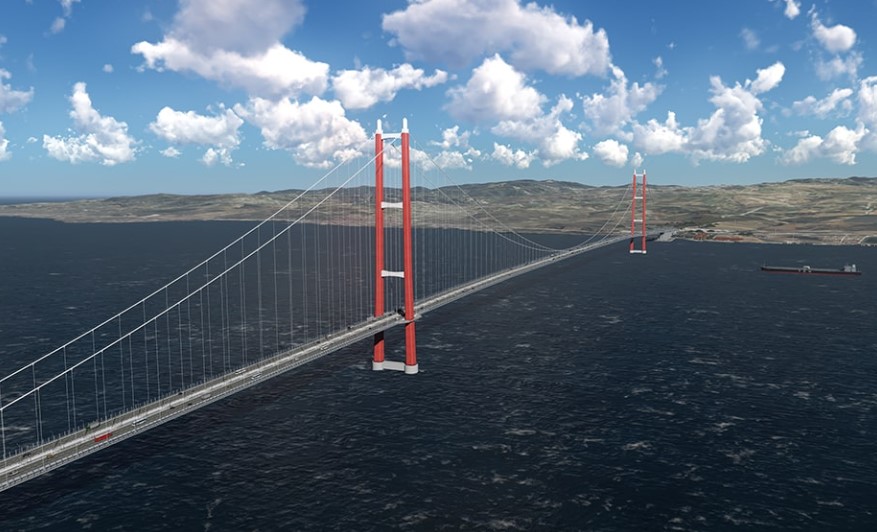
The absence of bridges over vast bodies of water, such as the Amazon River, has been a subject of discussion among experts.
The Amazon River poses unique challenges due to its vast width, ranging from two to six miles and expanding up to 30 miles during rainy seasons.
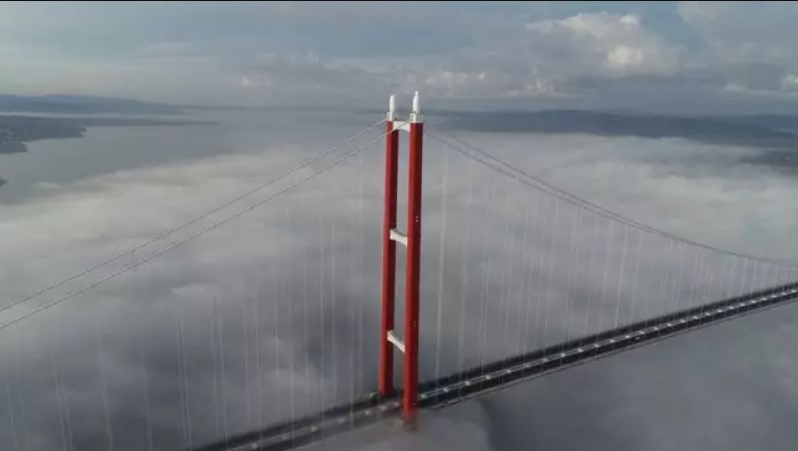
Unlike smaller rivers, crossing the Amazon requires careful consideration and planning.
Moreover, the areas surrounding the Amazon River have a sparse population and lack the required infrastructure to accommodate the construction of a bridge.




